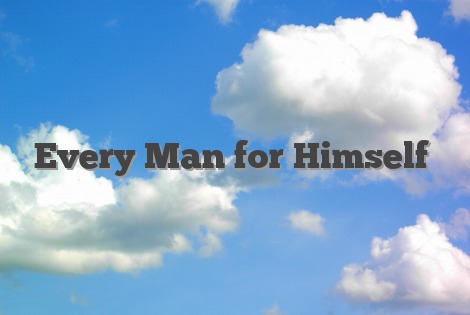The deplorable security situation in the country became more conspicuous with lethal attacks on the Kuje Correctional Centre and the president’s advanced team in Katsina. These events clearly emphasised that no one and nowhere in Nigeria is safe. Sadly, the government doesn’t appear to be in charge of the situation.
The primary constitutional purpose of government is to ensure the security and welfare of the people. However, for years the people’s interest has been largely neglected, with no one answering for infractions in this constitutional provision.
How we survived 100 days in captivity – Released Kaduna train victims
‘Over 2.3m living with breast cancer, 700,000 die yearly’
Statements sounding like news commentaries and lacking in real authority from the presidency suggest that the government and its agencies are incapacitated to effect real policing. This is further confirmed by the comments of the frustrated governor of Zamfara State, Bello Matawalle, who urged citizens of the state to apply for permits to bear arms.
Consequently, the primary challenge for citizens on the quest to protect themselves is to get weapons that are effective enough to match the assailants’. This won’t be easy. First, because the criminal elements have raised the bar by having access to lethal military-grade weapons that are sometimes touted to be more sophisticated than law enforcement agents, and second, because these weapons are illegally procured.
At least 80 per cent of arms in circulation among civilians in the country are procured unlawfully. Therefore, to match the criminals, the citizens must be willing to compromise legality to procure their weapons. This would cause obvious infractions with law enforcement agents at every stage of procurement, transport and use, especially if gun procurement laws are not waived to favour increased access to arms.
The restrictive Firearms Act categorised arms into various grades of sophistication with most control powers vested in the president and the Inspector General of Police, with infringements of the provisions sometimes carrying up to 10-year jail term which in the current state of the judicial system may last longer than that.
Now, assuming that it’s possible to give licenses to carry weapons to everyone, how will the use be controlled? Despite supposedly robust constitutional provisions that limit arms ownership, there has been an increased proliferation of arms over the years, primarily due to poor policing.
No one is in practice restricting arms when laws are restrictive. When laws now become liberalised, will the country not turn into a jungle and, therefore, make matters unnecessarily worse?
The problem with the uncontrolled proliferation of arms is exemplified by increasing rates of gun violence in the United States, with at least 50 people dying daily due to proliferation of firearms.
Although these rates are higher in several South American countries, the image of a shooter running amok across a busy market in Lagos gives one the chills. It is impossible to fathom the enormous instability that liberal gun laws would cause for the Nigerians.
Apparently, in light of existing realities, the citizens’ options are limited. Adherence to basic security tips and community policing will help communities identify external threats. Once a threat is recognised, legal processes should be followed as much as possible to remove them.
It should become everyone’s responsibility to secure himself, which should be done well and as much as the law allows lest the fragile nation breaks down completely.
Most importantly, citizens should hold their leaders accountable and demand in clear terms that politicians fulfill their primary constitutional duties.
Finally, without mincing words, political leaders at all levels must sit up and address security situations. They should also know that the safest countries of the world are not where civilians bear arms and are primarily responsible for the security of their lives and property.
Rather, the presence of a highly trained and well-educated police force, guaranteed equality of life for all citizens, high standard of living, job opportunities, social welfare, and education.
Joshua Opanike can be reached via [email protected]

 Join Daily Trust WhatsApp Community For Quick Access To News and Happenings Around You.
Join Daily Trust WhatsApp Community For Quick Access To News and Happenings Around You.


